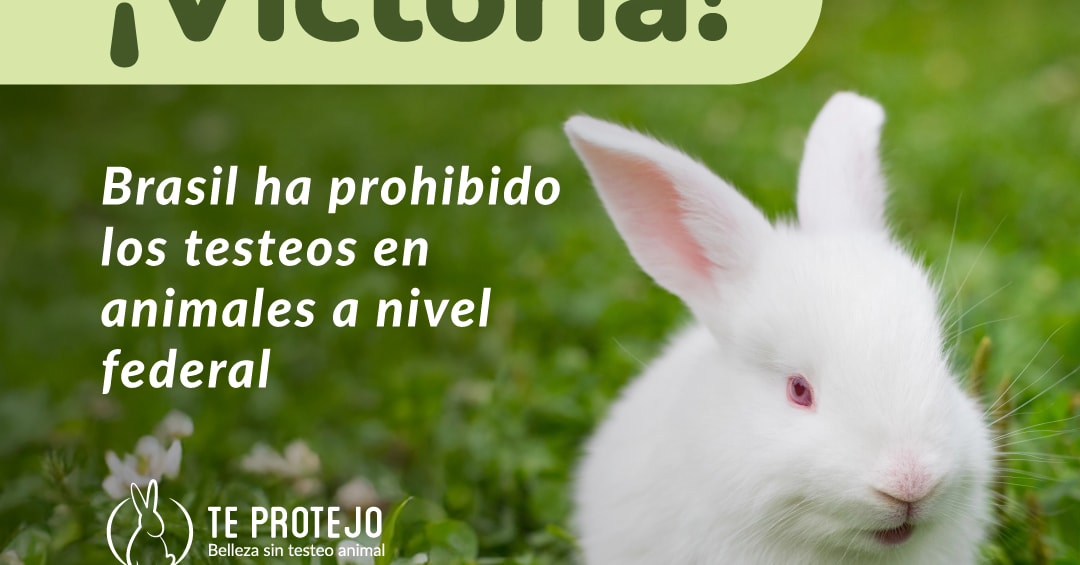Today marks a historic win for animal advocacy in Brazil, thanks to the combined efforts of Humane World for Animals, Te Protejo, , Fórum Animal and Change.org .
On July 9, 2025, Brazil’s Chamber of Deputies approved the Senate substitute for PL 6602/13 (now PL 3062/22), banning federal animal testing for cosmetics, personal hygiene products, and perfumes.
Why this is huge:
• 1.6 million+ signatures delivered a powerful public mandate.
• A decade in the making—originally filed in 2013, it finally broke its long legislative stalemate.
• Brazil moves closer to becoming the world’s 45th country to outlaw cosmetic animal testing, sparing millions of animals from suffering.
Besides us, the project had the support of many activists and other organizations and institutions such as the Department of Animal Protection that was created within the Ministry of the Environment in Brazil.
Next steps: The bill goes to presidential signature. After enactment and a 60-day vacatio legis, ANVISA and other agencies will have up to two years to implement alternative testing methods and enforce the law.
This breakthrough proves what we can achieve when we unite. Let’s keep up the momentum—share this news, raise your voice, and push for a cruelty-free future!




Competitive candidate profile: